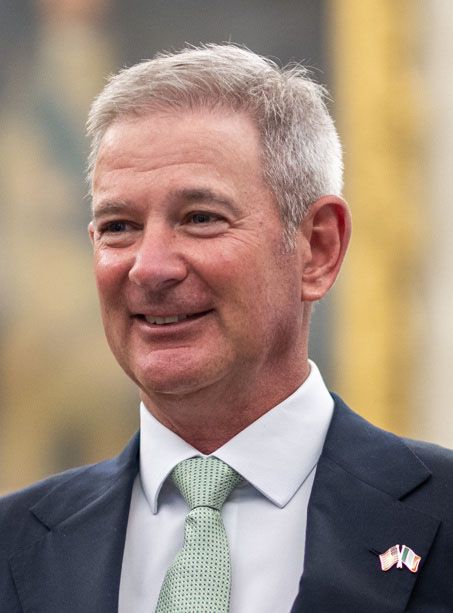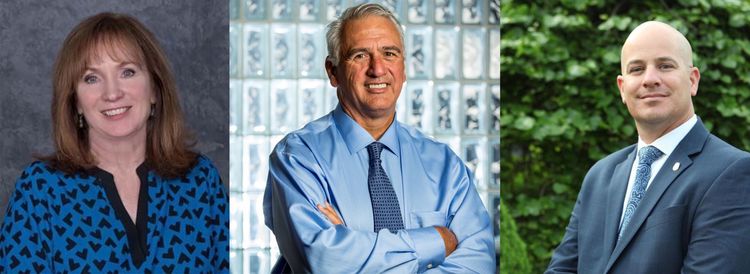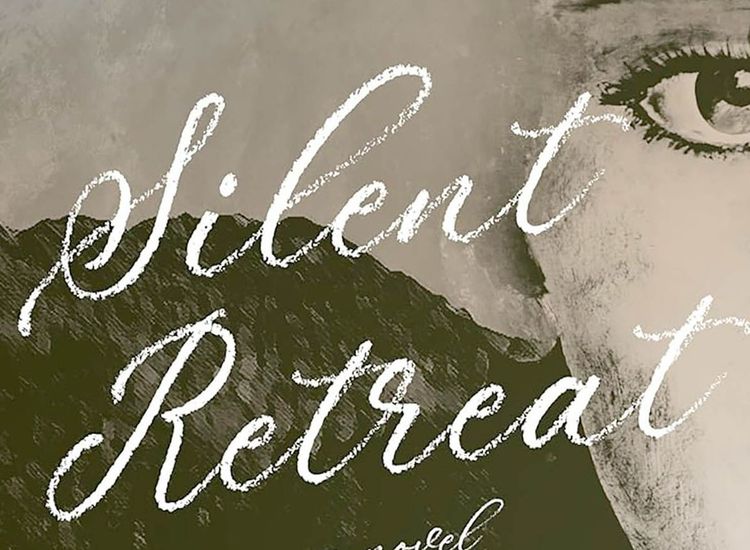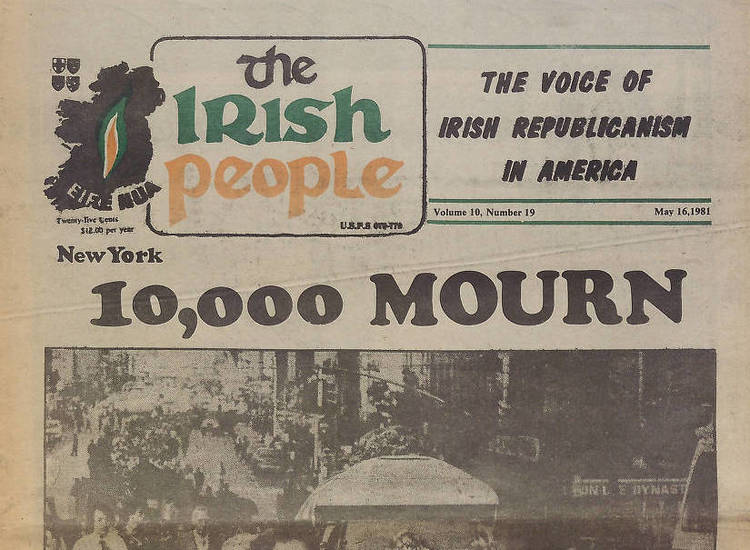You will hear the joke in Ireland, variations of it. Only it's not entirely a joke. Someone will say that he or she was planning on a trip to the States but wouldn't now be going because of being afraid of ending up in a prison in El Salvador. Ha ha.
But there's more to the "joke" than what first appears. The view of the United States from an Irish perspective is, well, evolving since the arrival of Donald Trump in the White House for his second term.
And that view is becoming more critical with each passing day. And now we have a demand from the U.S. State Department which requires all Irish students applying for J1 visas to make their social media accounts public so they can be vetted by U.S. authorities.
Tánaiste Simon Harris is concerned about this. As he should be.
And Taoiseach Micheál Martin has described the new rules as "excessive." Martin, according to an Irish Independent report, said the new rules contribute to “the fear and the anxiety that young people will now experience travelling."
The U.S. Embassy announced last week that all those applying for visas must provide all social media accounts they have used in the past five years and make them public so they can be vetted by U.S. authorities. Failure to do so could lead to a visa being rejected and ineligibility for future visas.
By way of response, Mr. Harris in a statement posted on the Department of Foreign Affairs website, said: "I am very concerned by the updated advice, set out in a formal notice from the US State Department, in regard to expanded vetting of the social media accounts of new applicants for student visas to travel to the US.
"While US immigration policy is a matter for the US authorities and I fully respect the administration's right to determine their own immigration policy, this decision has understandably caused deep concern, confusion and apprehension for young Irish people who may wish to travel to the United States.
"Our relationship with the United States is deep and enduring. Importantly it also sees thousands of people travel in both directions every year. The intergenerational, people-to-people relationship between the US and Ireland begins with the opportunities that both countries afford to young people. It is important that we work to protect this.
"Therefore in light of these developments in relation to student visas, I have already and intend to take the following three actions.
"Last night, I have asked my officials to engage directly with the US embassy here in Dublin and with the administration more widely in a bid to ascertain and provide as much clarity as possible about these new arrangements, particularly to those students who are due to travel in the coming months.
"I also asked my officials to engage with third-level institutions and organisations that provide services for students who wish to travel with the United States.
"This will be with the clear aim of providing as much clarity as possible on the impact of these new arrangements, relevant guidance and furthermore assessing what possible supports can be provided to young people who wish to travel to the United States in the coming months."
"Finally, with the new US Ambassador to Ireland due to formally take up his post next month, I intend to raise this matter with him as part of a wide-ranging engagement on issues that matter to both the US and Ireland as we seek to further strengthen our longstanding diplomatic relations."
That new ambassador is Ed Walsh from New Jersey. He presented his credentials to President Michael D. Higgins this week. Walsh's first big task will be presiding over the annual Fourth of July party at his residence in the Phoenix Park.
This is always a big event, a celebration not just of American independence and values, but also of the deep historical bonds between the United States and Ireland.
Those bonds are lately strained. Ambassador Walsh might find himself having to veer off the State Department script a bit when Simon Harris comes calling.
And as for that El Salvador "joke." The "Alligator Alcatraz" version can't be far behind.









